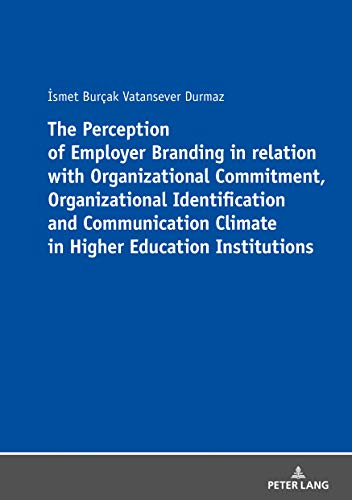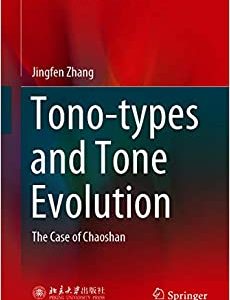Employer branding is a concept which was introduced in 1996 and is defined as «the package of functional, economic and psychological benefits provided by employment, and identified with the employing company» (Amber & Barrow, 1996).
Even though the concept was originally introduced as a marketing term, latterly the employer branding terminology has entered the human resource management world. Organizations have to work on the desired level of employer branding internally and also externally to achieve efficiency and effectiveness. Organizations focused mostly on attracting and recruiting talents in a wide range of competitive environment which is influenced by a «war for talents». Employer branding is also known as an effective mechanism which is related to the internal value perceptions on the organizations.
The Higher Education industry, which is one of the biggest service industries in the world, has to give importance to the term «employer branding» for external and also internal stakeholders. Since the idea of the universities has changed, it forces universities to be one of the growth industries. This growth generates some important and critical challenges on working conditions of academics and also administrative personnel in higher education institutions (HEIs).











